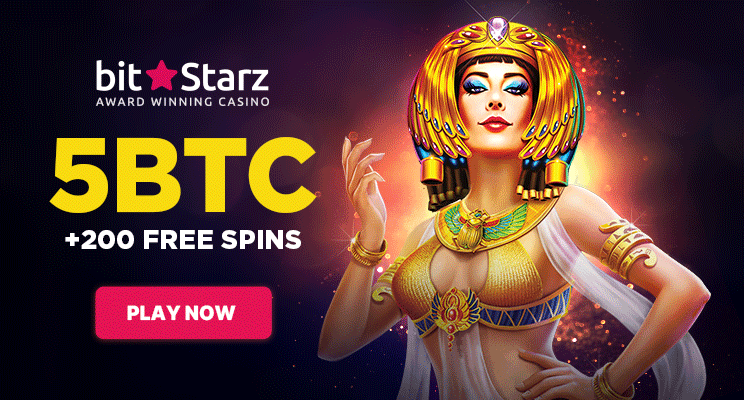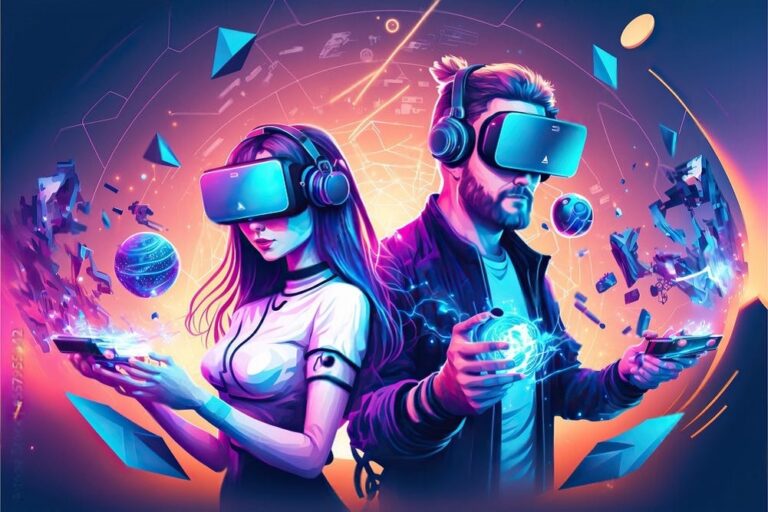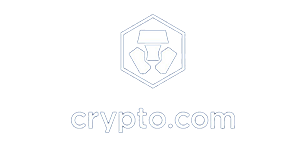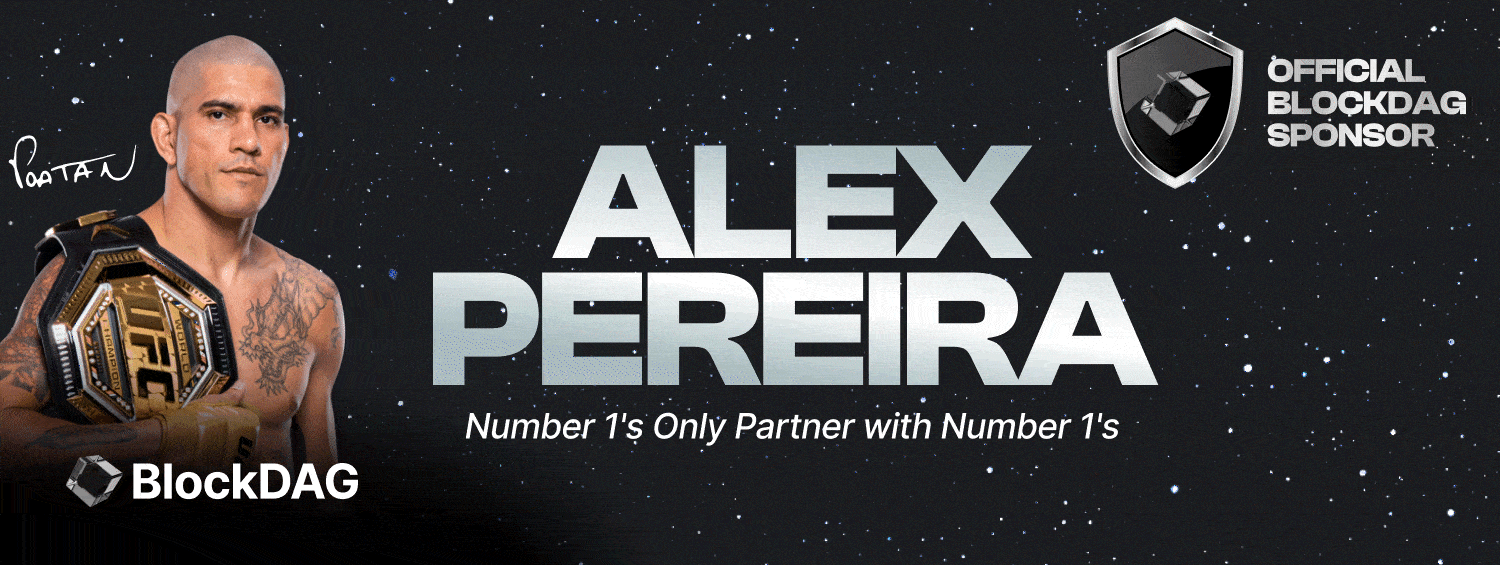
Online gaming has undergone a remarkable evolution since its inception. From simple arcade games to immersive virtual worlds, the gaming industry has continuously innovated to enhance player experience. The latest paradigm shift is the integration of Decentralized Finance (DeFi) into online gaming, promising to redefine how players interact with and benefit from gaming environments.
Decentralized Finance (DeFi) leverages blockchain technology to create financial systems that are transparent, accessible, and user-controlled. Unlike traditional financial systems, DeFi operates without intermediaries, enabling direct peer-to-peer transactions.
This decentralization offers significant benefits, including enhanced security, lower transaction costs, and improved accessibility. Understanding the impact of DeFi on online gaming is crucial as it opens new avenues for player engagement, economic opportunities, and innovation within the gaming ecosystem.
The Rise of DeFi in Online Gaming
DeFi’s growing popularity is attributed to its potential to transform traditional financial systems through blockchain technology. In the gaming industry, DeFi’s decentralized nature complements the dynamic needs of gamers and developers by offering enhanced ownership, security, and monetization opportunities.
At its core, DeFi encompasses a range of applications including decentralized exchanges, lending platforms, and stablecoins, all of which can be seamlessly integrated into gaming platforms. This integration enables gamers to truly own their in-game assets, participate in decentralized marketplaces, and earn real-world value through gameplay. By breaking down traditional barriers, DeFi fosters a more inclusive and engaging gaming environment.
Enhancing Player Ownership and Control
Decentralized Finance (DeFi) is revolutionizing player ownership in online gaming by enabling true ownership of in-game assets through blockchain technology. Traditionally, in-game items are controlled by the game developers, but with DeFi, players can own their assets outright. This is achieved through the tokenization of gaming assets, primarily using Non-Fungible Tokens (NFTs). NFTs represent unique items that players can trade, sell, or transfer across different games and platforms, thereby enhancing their value and utility.
One notable example is Axie Infinity, where players own and trade unique creatures called Axies, each represented as an NFT on the Ethereum blockchain. This model not only empowers players with true ownership but also opens up new economic opportunities within the game ecosystem. Similarly, Illuvium uses NFTs to represent in-game characters and assets, providing players with tangible ownership that extends beyond the game itself.
New Revenue Streams for Gamers and Developers
DeFi introduces innovative revenue models in online gaming, significantly expanding earning opportunities for both gamers and developers. Traditionally, gaming revenue has been driven by game sales, advertisements, and in-app purchases. However, DeFi-enabled models are reshaping this landscape by incorporating token sales, staking, and royalty systems.
Play-to-earn games are a prime example of this shift. In games like DeFi Kingdoms, players can earn real money by participating in gameplay and completing various in-game tasks. This model allows players to monetize their time and skills directly, providing a steady stream of income.
Additionally, developers benefit from revenue-sharing models, where a portion of the profits generated from token transactions and in-game purchases is redistributed to the community, fostering a more engaged and supportive player base.
Financial Security and Transparency
Blockchain technology is pivotal in ensuring transparency and security in financial transactions. It achieves this through its immutable ledger system, where every transaction is recorded and accessible to all network participants. This transparency eliminates the need for intermediaries, reducing the risk of fraud and enhancing trust among users. The decentralized nature of blockchain ensures that no single entity controls the data, which is particularly beneficial in online gaming where transparency and security are paramount.
Smart contracts further enhance security by automating and enforcing agreements without human intervention. These contracts are self-executing with the terms directly written into code, making them tamper-proof and transparent. Games like CryptoKitties and Gods Unchained have successfully implemented these technologies to provide secure and transparent gaming experiences. Additionally, beta138 has emerged as a significant platform providing reliable smart contract audits, ensuring enhanced security and trust.
Decentralized Marketplaces and Trading
The rise of decentralized marketplaces for in-game assets is transforming the online gaming industry. These marketplaces leverage blockchain technology to facilitate peer-to-peer trading of digital assets, eliminating the need for centralized exchanges. This decentralization reduces transaction fees and provides global access, enabling players from anywhere to trade securely.
Popular decentralized marketplaces like OpenSea and Rarible have gained traction by offering platforms where gamers can buy, sell, and trade NFTs representing in-game items. These marketplaces enhance the gaming experience by allowing players to monetize their assets and participate in a thriving digital economy.
By providing lower fees and broader access, decentralized trading platforms empower gamers and create more dynamic and inclusive virtual economies. This shift not only benefits individual players but also fosters a more sustainable and transparent gaming industry.
Challenges and Future Outlook
The integration of Decentralized Finance (DeFi) with online gaming presents several challenges. One significant issue is the scalability of blockchain networks, which often struggle to handle high transaction volumes without incurring substantial fees and delays. Layer 2 solutions and sharding are being explored to mitigate these scalability problems by distributing the transactional load across multiple chains, thereby improving efficiency and reducing costs.
Regulatory concerns also pose a significant hurdle. The decentralized nature of DeFi often clashes with existing financial regulations, creating uncertainty for developers and investors. Collaborative efforts between regulators and industry stakeholders are crucial to develop frameworks that ensure compliance while fostering innovation.
Looking ahead, the integration of Artificial Intelligence (AI) and Virtual Reality (VR) with DeFi in gaming is expected to drive future growth. AI can enhance game mechanics and user experiences, while VR can provide immersive environments where blockchain assets can be utilized more effectively. These technologies, combined with DeFi, could revolutionize the gaming industry by creating more interactive and financially rewarding gaming experiences.
Conclusion
In conclusion, the integration of DeFi into online gaming holds transformative potential. It promises to redefine ownership, enhance financial opportunities for players and developers, and create more secure and transparent gaming environments. Despite challenges such as scalability issues and regulatory hurdles, the future looks promising with ongoing advancements in AI, VR, and blockchain technologies.
As these innovations continue to evolve, the synergy between DeFi and online gaming is set to revolutionize the industry. Gamers and developers alike are encouraged to explore and engage with these DeFi-enabled games to fully experience and benefit from this emerging trend.


























